Switch Bioworks Raises $17M in Series Seed Financing
World Agri-Tech
SEPTEMBER 10, 2024
Nitrogen fertilizer is an expensive yet essential crop nutrient, supporting the food supply of half the world’s population. Current manufacturing is largely based on fossil fuels and leads to over a gigaton of CO2 equivalent emissions and many damaging environmental consequences such as fertilizer run-off and eutrophication.


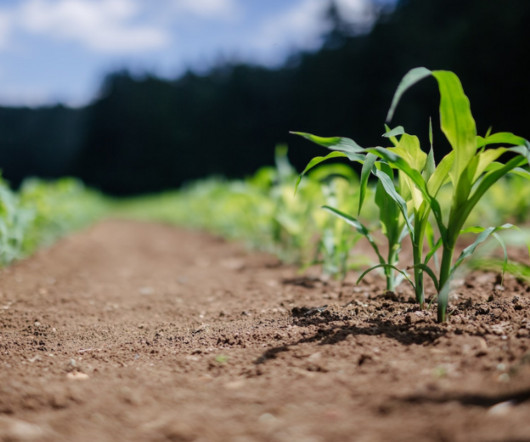
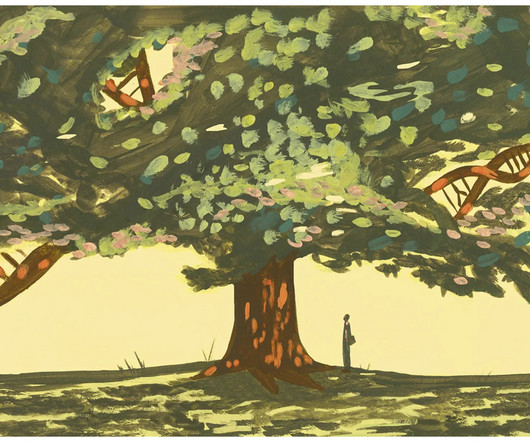
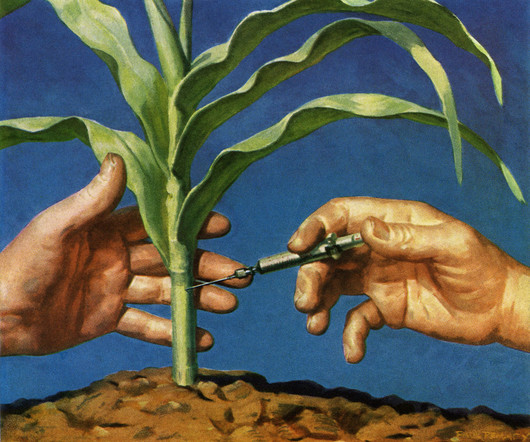
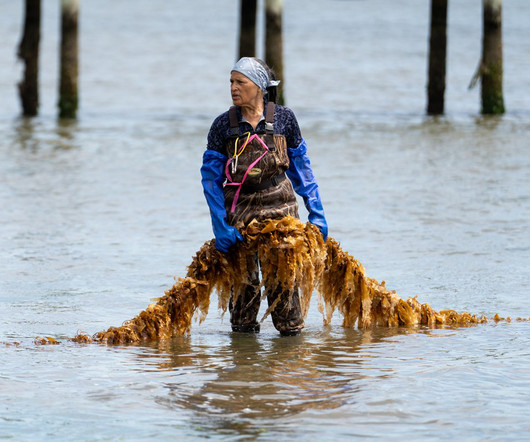
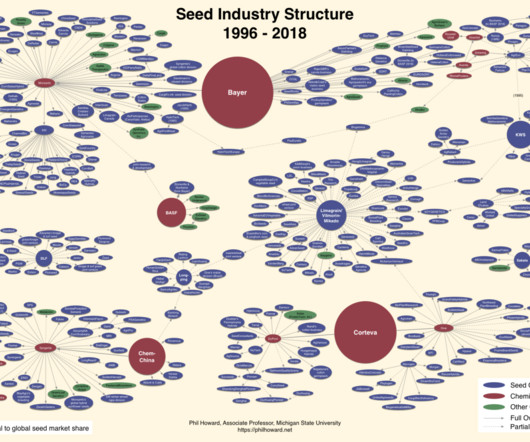






Let's personalize your content